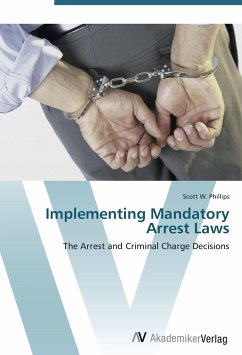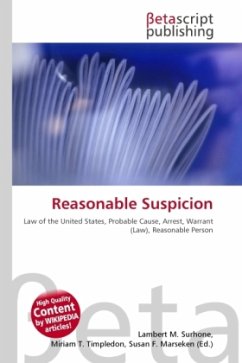Revision with unchanged content. For more than twenty years state legislation and police department policies have moved toward a pro-arrest position in domestic violence incidents. It can be reasonably expected that police officers possess a pro-enforcement orientation in these cases. This research examined the relationship between situational variables that occur in a domestic violence incident and an officer s arrest and charging decision. Situational variable were incorporated into domestic violence vignettes and officers from one large police department completed surveys. More than 80% of the officers are likely or very likely to arrest in all vignettes. Victim injury or the presence of an order of protection was significantly related to an officer s reported arrest behavior. Furthermore, this study goes beyond the arrest decision and examined the criminal charges an officer would file if they made an arrest. The charging decision appears to be related to some situational variables. Police experience may be related to the number of criminal charges that are listed as well as the level of the criminal charge (i.e., misdemeanor or felony). Still, there appear to be instances of under-charging for criminal behavior. This book can help researchers expand their methods for studying police officers and help policy makers understand the different decision-points in the implementation process.
Hinweis: Dieser Artikel kann nur an eine deutsche Lieferadresse ausgeliefert werden.
Hinweis: Dieser Artikel kann nur an eine deutsche Lieferadresse ausgeliefert werden.








